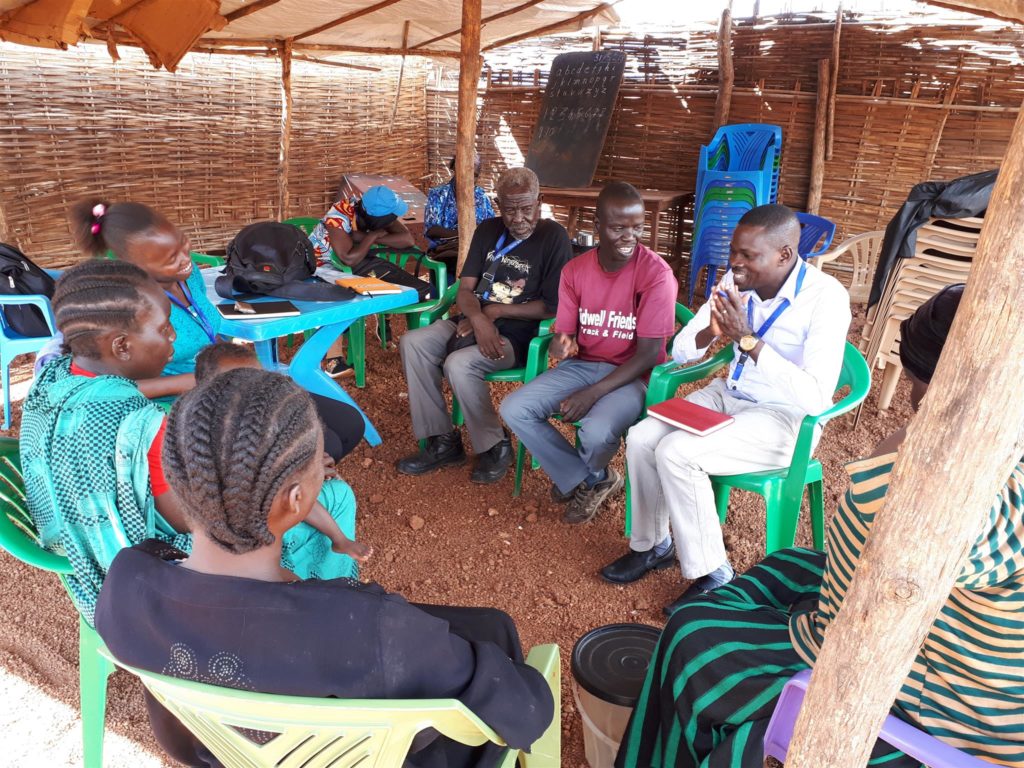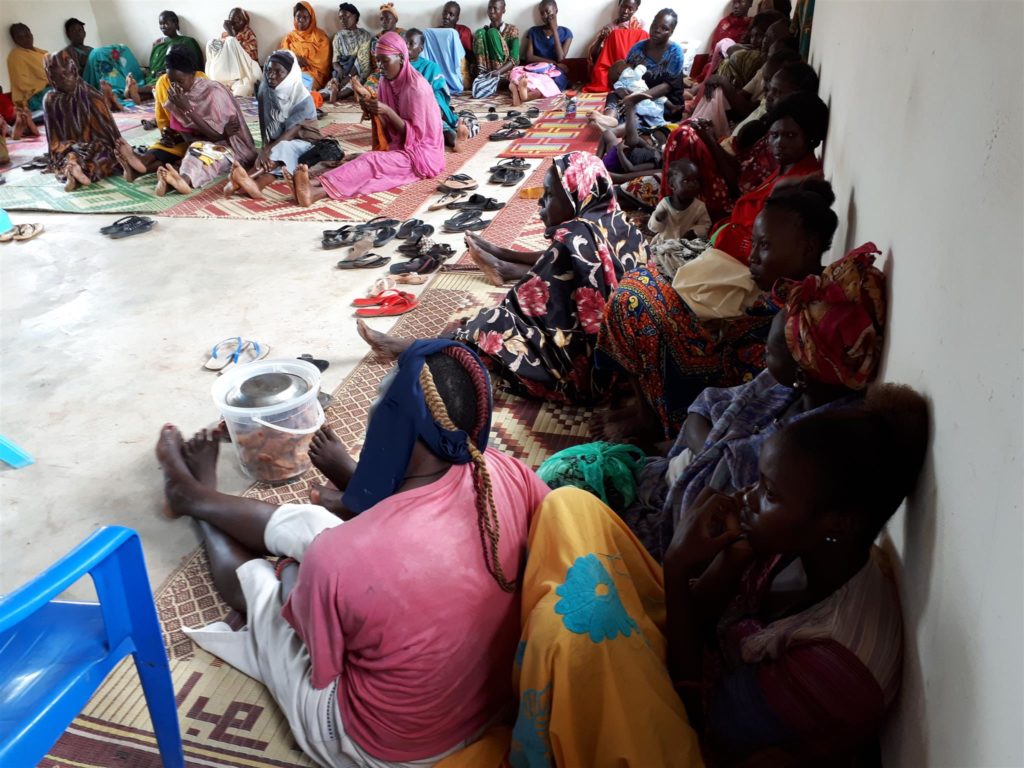International Medical Corps has provided assistance and training in southern Sudan for almost 25 years. South Sudan became independent in 2011, and a bloody civil war broke out two years later. Since the beginning of the conflict in South Sudan, 4 million people have left their homes—85% of them women and children. In an economy where agriculture is often inextricably linked to one’s income, armed conflict and displacement destroy both livestock and farmland, crushing whatever modest income opportunities once existed in farming-reliant communities. Today, one-third of the population in South Sudan—4.8 million people—lacks access to food and a staggering 7 million people need humanitarian aid.
As the sheer scale of need demonstrates, the consequences of the ongoing conflict are ruthless and immediate. With few or no economic opportunities, the best a person can hope for is steady humanitarian aid. At worst, conflict-affected populations must resort to harmful and exploitative measures to earn a living.

As imperative as medical and food assistance both are, displacement and conflict leave a community with other needs as well: economic empowerment and livelihood training are crucial to recovery. The sad reality on the ground is that women in a displacement context often face a trade-off between their protection and their livelihood. Yet most women still seek to earn an income, regardless of the risk involved. For this and other reasons, it is vitally important to provide displaced women with livelihood opportunities.
To support crisis-affected women in a conflict known for its high prevalence of sexual violence, International Medical Corps runs programs aimed at tackling gender-based violence (GBV). The work is two-fold: we both support GBV-survivors and work to prevent GBV by providing livelihood-training and financial support.
One woman who went through the training and received a modest start-up grant is 36-year old Asunta. Like thousands of South Sudanese, she now lives in a Protection of Civilian (PoC) site, a settlement that provides temporary housing for civilians in wake of the conflict. When our team met with her, we discussed her plans to expand her business—but she hadn’t always been full of plans.
“I felt very helpless because of the hardships I was facing,” she said. “At times I even contemplated suicide.”
During these dark times—dire and understandable in equal measures—Asunta heard about a women’s center that had recently opened in the PoC. Before long, she started to take part in the activities it organized. And just like that—life turned a corner. In her own words, Asunta “began to develop a sense of purpose and empowerment.” When her name was included among the women who would receive financial support to initiate income-generating activities, she knew her life was about to change.

Having participated in International Medical Corps’ business management-skills training, Asunta received a start-up grant of 11,000 South Sudanese pounds (about $85), which she invested in her business—baking and selling bread inside the PoC. Part of the grant was used to purchase an oven, a saucepan and utensils; she spent the rest on flour and other raw materials.
So far, Asunta has been able to save 31,000 South Sudanese pounds (about $240) through her business, and she plans to use her savings to start a restaurant just outside the PoC site.
With one’s home, family and health rarely left intact, war brings an upheaval of tangible losses. But conflict also deprives you of your very sense of being. Whether you are a farmer, an engineer or a schoolteacher, displacement rips away an integral part of one’s identity: one’s livelihood. Thanks to her endurance and hard work—and an opportunity provided by International Medical Corps—Asunta is now one step closer to the life she lived before the crisis. She hopes that she has left the worst of times behind.
